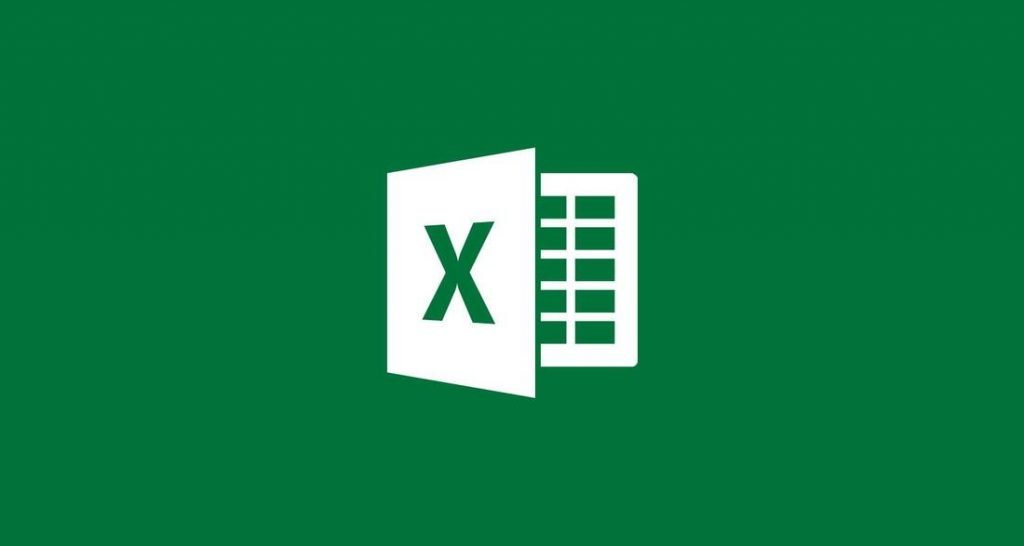Description
Candidates for this exam should have foundational knowledge of core data concepts and how they are implemented using Microsoft Azure data services.
This exam is intended for candidates beginning to work with data in the cloud.
Candidates should be familiar with the concepts of relational and non-relational data, and different types of data workloads such as transactional or analytical.
Azure Data Fundamentals can be used to prepare for other Azure role-based certifications like Azure Database Administrator Associate or Azure Data Engineer Associate, but it’s not a prerequisite for any of them.
- Exam vouchers are transmitted electronically via e-mail and are non-refundable.
- Expires in 8 months after the date of purchase.
- Please allow up to two days for processing.
- The holder of this voucher number is entitled to take one exam.
- The voucher number can be used for Exam DP-900 Only.
- All vouchers must be used by the same candidate. No candidate association is made until the first voucher is used.
- Valid in India only.
CANDIDATE'S BENEFITS
Students with a MTC certification have a credential that validates fundamental knowledge and provides an essential foundation to build a career in technology.
Explore a variety of technology career options before you choose a specialized career path—with minimal investment of time and money.
MTC is the first step in becoming a Microsoft Certified Solutions Associate (MCSA) & MCP.
- MTC builds confidence and helps students succeed with continued studies, compete on admissions, and prepare for a successful career in technology.
MTC complements business and other related courses and degrees with industry-recognized technology credential
SKILLS MEASURED
- The content of this exam will be updated on October 22, 2020. Please download the exam skills outline below to see what will be changing.
- Describe core data concepts (15-20%)
- Describe how to work with relational data on Azure (25-30%)
- Describe how to work with non-relational data on Azure (25-30%)
- Describe an analytics workload on Azure (25-30%)
EARN YOUR DIGITAL BADGE NOW

BECOME INTERNATIONALLY CERTIFIED






